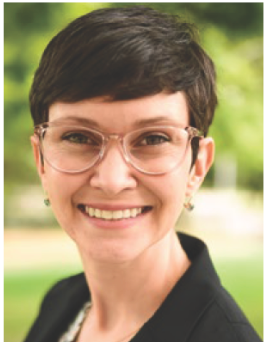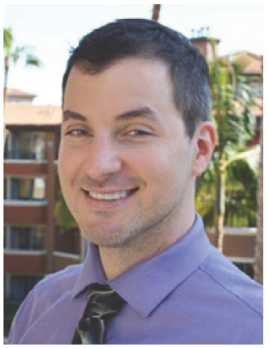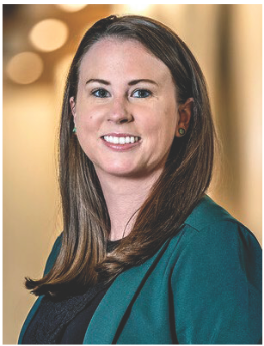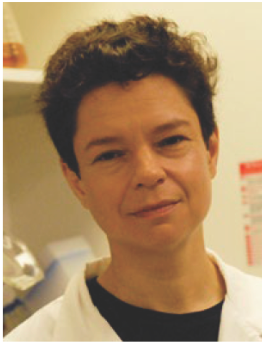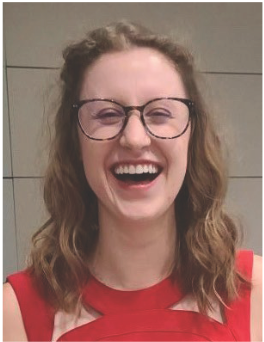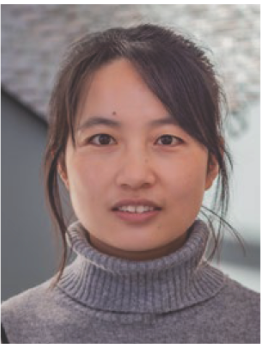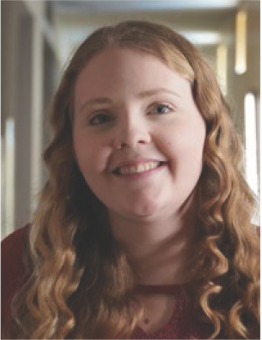The 2023 ASMS Research, PUI, and Postdoctoral Career Development Awards
Every year, the American Society for Mass Spectrometry (ASMS) presents Research Awards, the Research at Primarily Undergraduate Institution (PUI) Award, and Postdoctoral Career Development Awards.
Kelly Marie Hines of the University of Georgia, Jesse Meyer of Cedars-Sinai Medical Center, and Stacy Malaker of Yale University are the recipients of the 2023 ASMS Research Awards. The Research Awards promote the research of academic scientists within the first four years of joining a North American University at the time the award is conferred. The awards of $35000 for each recipient’s proposed research are funded by Bruker, Thermo Fisher Scientific, and Waters Corporation, with the award being made to each recipient’s institution. Hines’s work has been funded by Bruker, Meyer’s by Thermo Fisher Scientific, and Malaker’s by Waters.
ASMS also recognizes Erica Jacobs of St. John’s University as the 2023 recipient of the Research at Primarily Undergraduate Institution (PUI) Award. This award promotes academic research in mass spectrometry by faculty members and their students at primarily undergraduate institutions (PUIs). The award is presented annually and is fully supported by Agilent Technologies.
ASMS also annually recognizes scientists with Postdoctoral Career Development Awards, which promote postdoctoral fellows whose professional careers develop in the field of mass spectrometry. These awards include a $5000 prize for recipients. This year’s recipients of the Postdoctoral Career Development Awards are Emma Guiberson of Stanford University, Haiyan Lu of the University of Wisconsin-Madison, Melanie Odenkirk of the University of Arizona, Suttipong Suttapitugsakulof Beth Israel Deaconess Medical Center, and Yixuan Xie of the Washington University School of Medicine.
Suttipong Suttapitugsakul, Beth Israel Deaconess Medical Center | Image Credit: © ASMS - www.asms.org/about-asms-awards
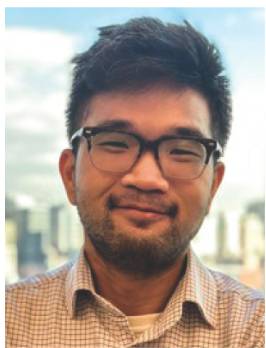
Yixuan Xie, Washington University School of Medicine | Image Credit: © ASMS - www.asms.org/about-asms-awards
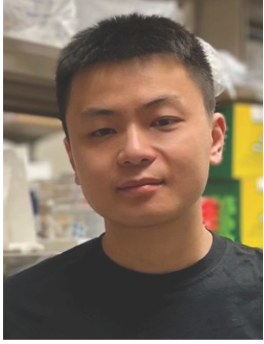
All of these awards will be presented during the 71st ASMS Conference on Mass Spectrometry and Allied Topics, which will take place June 4–8 in Houston, Texas.
Silvia Radenkovic on Her Research and Passion for Scientific Collaboration
April 3rd 2025Radenkovic is a PhD candidate at KU Leuven and a member of FeMS. Her research focuses on inborn metabolic disorders (IMD), like congenital disorders of glycosylation (CDG), omics techniques such as tracer metabolomics, and different disease models.
Study Explores Thin-Film Extraction of Biogenic Amines via HPLC-MS/MS
March 27th 2025Scientists from Tabriz University and the University of Tabriz explored cellulose acetate-UiO-66-COOH as an affordable coating sorbent for thin film extraction of biogenic amines from cheese and alcohol-free beverages using HPLC-MS/MS.
Quantifying Microplastics in Meconium Samples Using Pyrolysis–GC-MS
March 26th 2025Using pyrolysis-gas chromatography and mass spectrometry, scientists from Fudan University and the Putuo District Center for Disease Control and Prevention detected and quantified microplastics in newborn stool samples.

